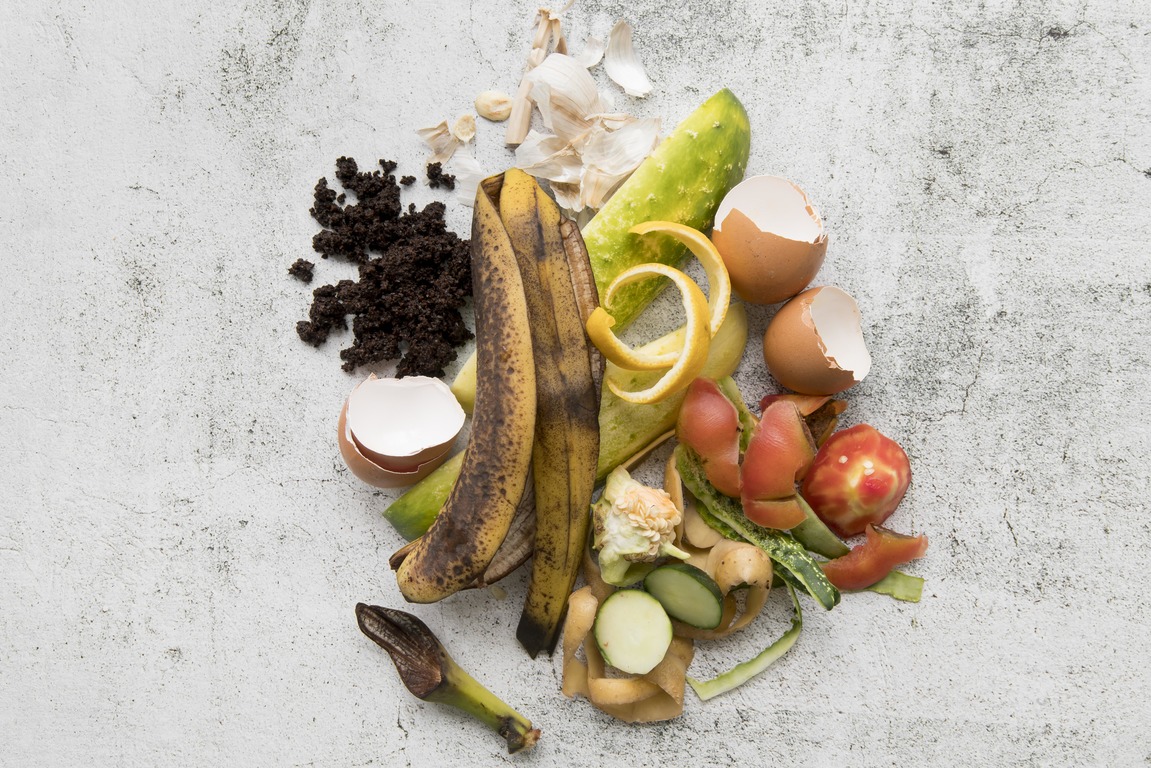
Smart Shopping Strategies: How to Buy Food with Zero Waste in Mind
In Singapore, a city renowned for its culinary delights and diverse food scene. The movement towards zero food waste is gaining significant traction. With a growing awareness of environmental issues. Singaporeans are adopting smarter shopping strategies to minimize food waste. This blog post aims to guide you through the process of buying food with a zero waste mindset. Which ensures that every purchase counts towards a more sustainable future.
Plan Before You Shop
Planning is the first step towards zero food waste shopping. Before heading to the market or grocery store, take stock of what you already have. This reduces the likelihood of buying duplicates or perishables that won’t be used in time. Create a meal plan for the week and make a shopping list based on this plan. This is not just about saving money; it's about intentional buying.
In Singapore, where dining out is common, factor in your eating-out plans. If you know you'll be having meals outside, adjust your grocery list accordingly. This way, you don’t end up with excess food at home that could go to waste.
Buy Only What You Need
Once at the store, stick to your list. It’s easy to be tempted by promotions or discounts, but if it’s not on your list, think twice before adding it to your cart. Buy in quantities you can realistically use. Especially when it comes to perishable items like fruits, vegetables, and dairy products.
In Singapore's wet markets and supermarkets, there's often an option to buy loose items. Take advantage of this. It allows you to buy exactly the amount you need, reducing the risk of excess and therefore waste. This is not just practical; it’s a responsible choice.
Choose Packaging Wisely
Packaging contributes significantly to waste. Opt for products with minimal or recyclable packaging. In Singapore, several stores and initiatives support this zero waste approach. By offering bulk buy options where you can bring your own containers.
When shopping for packaged good. Look for items with packaging that you know you can reuse or recycle. This small choice can greatly lower the amount of waste you produce. It's not just about the product; it's about the entire package.
Embrace Imperfect Produce
In the quest for zero food waste, consider buying 'ugly' fruits and vegetables. These items are often left behind due to their less-than-perfect appearance. But are just as nutritious and flavorful as their picture-perfect counterparts.
Singapore has initiatives that rescue and sell such produce at lower prices. By choosing these, you're not only reducing waste. But also supporting a more sustainable food system. It’s not just about looks; it’s about substance.
Be Mindful of Expiry Dates
Pay attention to expiry dates when shopping. Prioritize buying items with closer expiry dates that you plan to use immediately. For items with a longer shelf life, it's okay to choose products with later expiry dates.
In Singapore, with its hot and humid climate, food can spoil quicker than in cooler countries. Be realistic about how quickly you can consume perishable items. This is not just about freshness; it’s about practicality.
Store Food Correctly
Proper storage can significantly extend the life of your food. Research the best ways to store different types of food. Some fruits and vegetables last longer when refrigerated. While others do better at room temperature.
In Singapore's warm weather, some foods need different ways to be stored than in cooler places. For example, bread might go moldy quicker if not refrigerated. Storing food correctly is not just organization; it’s preservation.
Every Step Counts
By adopting these smart shopping strategies. You’re contributing to the zero food waste movement. In a densely populated city like Singapore, where resources are precious. These small steps can lead to significant change. Remember, zero food waste shopping is not just about buying less; it’s about buying smart. Every mindful purchase, every avoided piece of wasted food, adds up to a healthier planet.
